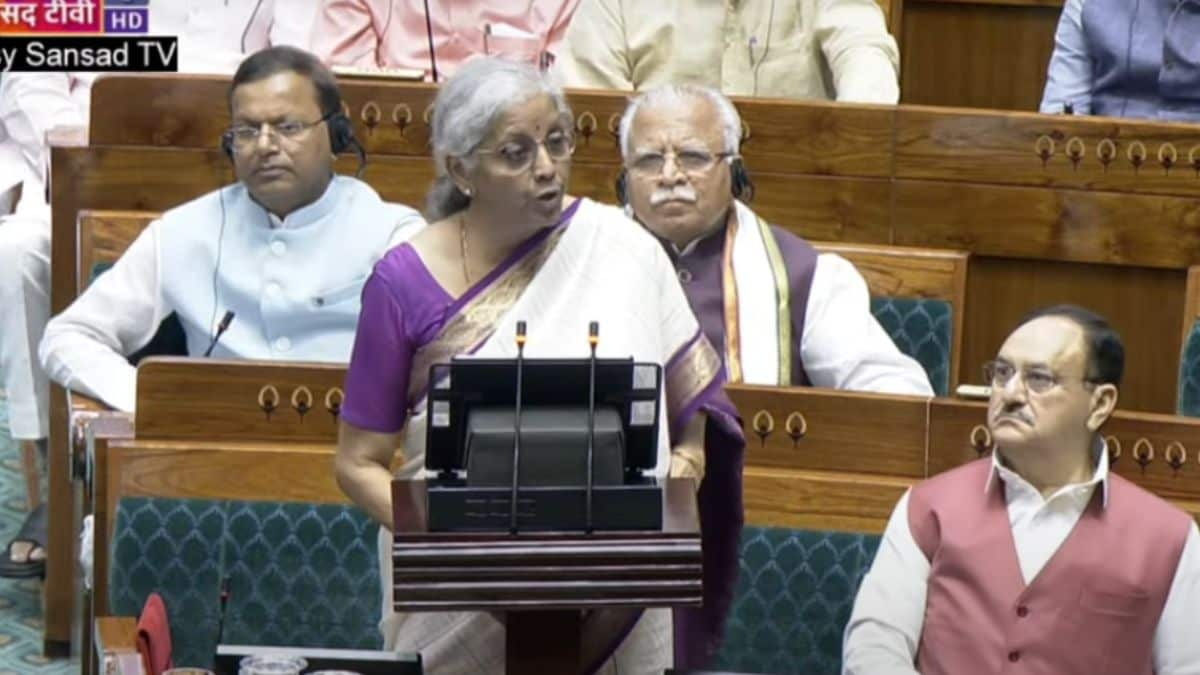Generally, the common-man infer a lot from watching the last twenty-odd minutes of a budget speech or analysing the behaviour of the stock markets. So, if the stock markets trade up by a percent, then it is anticipated as a positive budget and vice-versa. This budget announcement, the seventh one for Nirmala Sitharaman could go down in history as her first one where the markets did not rally as exuberantly as the other budget speeches.
To those who need an ultra-simple answer on how this budget affects you and India? My clear answer is, that the beauty lies in the details. Inferring from the last twenty-minutes or analysing stock market performance may not be the right way to analyse this budget. That, because the announcement shows how tactfully India’s finance-team has managed to navigate the unpleasant vagaries of a still-VUCA world and has managed to infuse hope.

Personally, there are three reasons which highlights the optimism from this Budget speech. Ideally, most budgets are calculations that tally revenue with expenses. But this budget delves into finer arguments involving legal structures and the need for simplification.
Simplification has been an underrated and often under-appreciated art. And it must be bestowed upon Madam Sitharaman for even thinking of introducing it in her several budget speeches. The simplified tax regime, for instance, has been appreciated by 58% of income-tax subscribers.
With the 2024 budget announcement, the simplification process has managed some daring measures. Besides some goodies for the salaried class, the biggest simplification has been on the TDS front and the tax exemption for charities. Decriminalization of delay in payment of TDS which are due up to the date of filing of statements augurs good and instills trust among honest payers.
This is a welcome move in the budget which also reduces the legal scope for corporate India. Previously, businesses would have to prove “reasonable cause” for any delay in remitting TDS to the government as part of the IT Act. Although the Honourable Supreme Court made clear observations with regards to section 271C last year, the recent clarification from the Finance Minister herself is a welcome move.
The second major move has been the reduction of the corporate tax-rate for foreign MNCs in India at 35% as against the previous 40%. The logical motive behind this move is to improve the confidence among global heavyweights and to infuse more weight into the India growth story. The third clear outcome of this budget from a legal-corporate perspective is the principle of faster judicial processing time.
The FM in her speech elaborated on the setting up of an integrated technology platform for improving outcomes under IBC (Insolvency and Bankruptcy Code) and Centre for Processing Accelerated Corporate Exit (C-PACE) for voluntary closure of LLPs to reduce time. Additionally, highlighting of steps for reforming and strengthening debt recovery tribunals and additional tribunals means that this government understands the need to fasten judicial processes for a confident India Inc. It’s difficult to pick a clear winner from the several policy announcements made recently by the FM.
Some of the other good outcomes include the abolition of the Angel Tax, land-related reforms, setting up of GIS systems to digitize land records, rationalization of compounding guidelines for TDS defaults, and the focus on better digital services for enhanced customer experience. In a nutshell, this is a good budget. One that doesn’t need to compare against the performance of the stock markets or look out for just the last twenty minutes.
It also augurs well for legal fraternity which has been deliberating about the need to improve speed in legal delivery. The author is a corporate and legal advisor. Views expressed in the above piece are personal and solely that of the author.
They do not necessarily reflect Firstpost’s views..



















